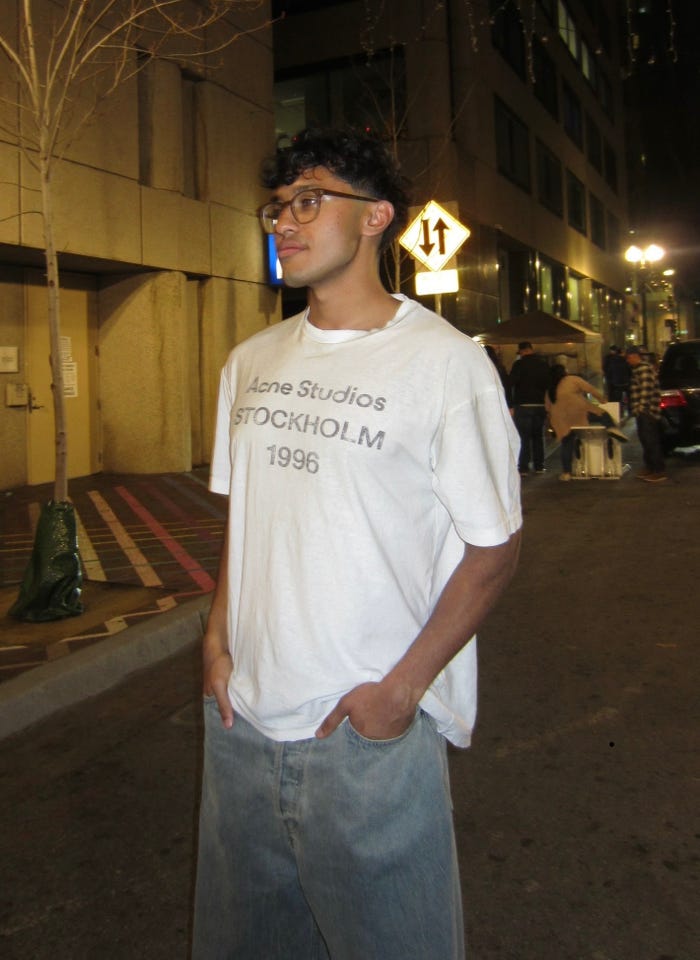UPDATE: In a shocking turn of events, Ibrahim Shah, a 22-year-old computer science student from the University of California, Irvine, was rejected from his dream job at Anduril after being told he appeared “aloof and indifferent.” This revelation, shared on October 21, 2025, has ignited discussions about the crucial balance between nerves and authenticity during job interviews.
Shah, who made it through two rounds of interviews for an early-career software engineering role, recalls his intense preparation. “I studied 80 coding questions leading up to the interview,” he stated. Despite his efforts, nerves overtook him, leading to a presentation that masked his genuine enthusiasm.
“I was anticipating really hard questions, and that’s pretty much all I was thinking about,” Shah told Business Insider. This insight underscores a critical lesson for job seekers: the importance of being authentic, even when under pressure.
The feedback from the Anduril recruiter, which Shah described as disappointing yet constructive, illuminated the pitfalls of trying to maintain a facade of calm. “I recognize I sounded this way, but I was just nervous about the technical,” he reflected. This candid admission resonates with many who have faced similar situations, highlighting how stress can distort genuine expression.
In the wake of his rejection, Shah’s viral post has drawn significant attention, amassing nearly 1 million views. This unexpected response has led to a surge of interest from other tech companies, including interviews with Perplexity and Thinking Machines.
Matt Grimm, co-founder of Anduril, acknowledged the feedback shared by Shah in a recent social media post. His comments aim to clarify the company’s culture amid widespread speculation. “We get a lot of nonsense hater flak,” Grimm noted, emphasizing the need for understanding and engagement in the tech world.
Shah’s experience serves as a powerful reminder of the emotional stakes involved in the job application process. “It felt maddening to ruin a life-changing opportunity,” he admitted. Yet, he remains optimistic, stating, “It’s better to be nervous and authentic than to pretend like you have composure.”
This incident is a wake-up call for job applicants everywhere. As competition intensifies, the ability to convey genuine passion and authenticity may be just as crucial as technical skills.
Looking ahead, Shah plans to compartmentalize his nerves, focusing on being present during interviews. “When the technical portion comes, I can become calm and aloof, which helps me perform better,” he stated.
For job seekers navigating the challenging landscape of interviews, Shah’s journey is a testament to the importance of authenticity. As he continues to pursue opportunities in the tech industry, his story underscores that while technical skills are vital, the ability to connect on a human level may ultimately open the doors to success.
Stay tuned for more updates on this developing story as Shah’s journey unfolds, and other companies respond to the lessons learned from his experience.






